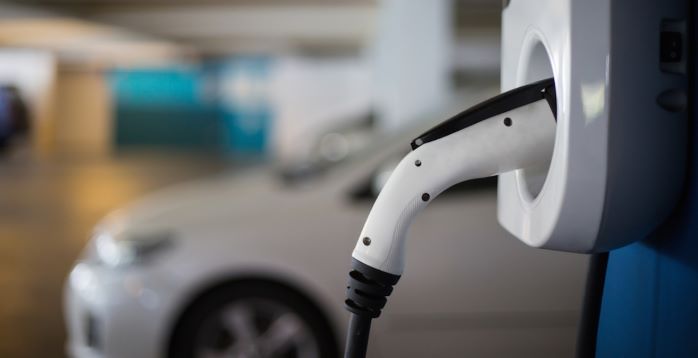Delhi Makes Electric Vehicle Charging Cheaper
 Pay less at the Delhi EV charging stations
Pay less at the Delhi EV charging stations
The Delhi Electricity Regularity Commission (DERC) has reduced the rates for charging stations of e-rickshaws and other electric vehicles. Low-tension e-vehicle users (those who charge at home) will now pay Rs 4.5 per kW instead of Rs 5.5, while high-tension users (at public charging stations) will pay Rs 4 instead of Rs 5 per kW.
“The tariff has been balanced in such a manner that it fulfils the need of every person in society. I think the public at large will be satisfied at the new tariff order,” DERC chairman Justice (retired) S S Chauhan said prior to the announcement of the revised rates. The DERC has taken the step to make electric vehicles more attractive for commuters and increase the use of pollution-free public transport.
“The tariff for high tension e-vehicle users is lower because more losses are incurred while charging at low-tension stations. The idea is to encourage people to switch to electric vehicles,” a DERC official said.
Last year in November, Delhi government became the 8th state to unveil an EV policy though it was in a draft form. The Draft Delhi Electric Vehicle Policy aims to ensure adoption of 25% e-vehicles among new registrations by 2023. Through this policy, the Delhi government has planned to create a significant corpus to incentivise every vehicle segment. An electric vehicle will lead to savings of over eight tonnes of CO2 annually.
With this, the DERC also announced the revised power tariffs for the fiscal year 2019-20 in the fixed charges for domestic consumers up to 15 kW. “Upto 2 kW, from Rs 125 per month per kW..it has been reduced to Rs 20 per month, From 2kW to 5 kW, earlier it was Rs 140…it has been reduced to Rs 50 per month. From 5 kW to 15 kW, it was Rs 175 which has been reduced to Rs 100,” DERC’s Chauhan announced at a press conference.
To facilitate mushroom cultivation, DERC has demerged it from agriculture category and increased the sanctioned load from 20kW to 100kW with fixed charges of Rs 200 per kW per month and energy charges of Rs 6.5 per unit.
In its 2019-20 order, the DERC kept the energy charges the same for all categories, except for those who consume more than 1,200 units per month. A household whose electricity consumption crosses 1,200 units a month will have to pay 25 paise extra per unit from this month.
The 3.8% surcharge on power bills, however, which goes towards paying the pension to former employees of power utilities, remained untouched. The regulatory surcharge too was retained at 8%.
Reacting to the announcement, Delhi Chief Minister Arvind Kejriwal on Thursday announced that electricity will be completely free for residents who consume up to 200 units of power every month, a move which he claimed would also result in reducing the increasing peak load of the national capital.
Kejriwal further elaborated that households consuming anything between 201 and 400 units per month will have to pay their electricity bill but approximately 50% of it will be subsidised by the government.




